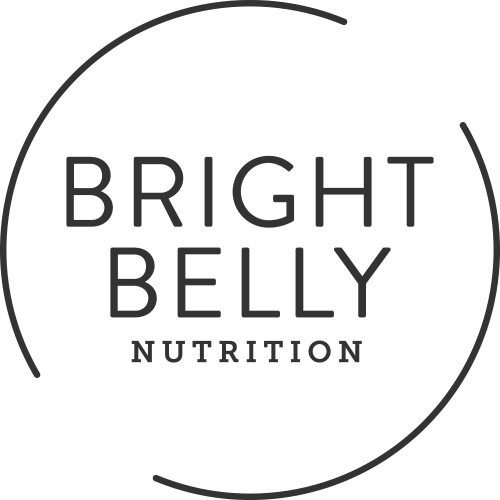Salt Rooms, Magnesium Body Washes, Sensory Deprivation Tanks, and Powdered Magnesium Drinks --the latest and greatest trends utilizing the healing powers of magnesium. I’m sure you’ve heard that Magnesium is an important mineral, but did you know that today most Americans are chronically deficient in Magnesium? I’m talking at least 80% of people are deficient. (Hence, the plethora of books written on the topic.) That means some of you reading this might be deficient and not even know it.
Magnesium plays a key role in our overall health and blood sugar regulation. And for all you nutrition-conscious folks, you know that balanced blood sugar is very important when we are looking at nutrition. In scientific literature, magnesium is often referred to as “the master mineral” not only because of its vital role in glucose balancing, but also because of its importance in many other cellular functions. Bottom line, magnesium deficiency makes a negative impact on people’s overall health. It’s no wonder why this supplement is trending in many wellness offices today.
Magnesium plays a vital role in over 300 life functions in our body: enzyme systems, energy production, building proteins and new cells, metabolism of fat, metabolism of carbs, adrenal function, blood sugar, blood pressure, protecting our DNA, mineral balancing, maintaining cell life ...to name just a few! Therapeutically, it is used for a large variety of medical issues including seizures, diabetes and depression. I use magnesium in my practice for a variety of issues including PMS, inadequate sleep, bloat, constipation, etc.
The RDA ranges from 310-420 mg depending on sex, age, etc. But as we know from the statistics I mentioned earlier, most people are not getting this on a daily basis causing a nationwide magnesium deficiency. So why is magnesium deficiency so high?
Here is what I've found:
The Standard American Diet (SAD) of processed foods, flours and added chemicals
Overconsumption of refined sugars, coffee, and alcohol which disrupt absorption
Modern lifestyle of stress and overuse of antibiotics
Commercial farming use of chemicals has depleted the soil of minerals
Excessive exercise and sweating
Unfortunately, the most common testing (blood serum) does not provide you with a full picture of your overall magnesium levels. Signs of low magnesium can be low energy, headache, broken focus, reduced memory/comprehension, insomnia, high blood pressure, anxiety, stress, migraines, joint pain, muscle cramps, unstable blood sugar, and heart palpitations.
The good news is you can get Magnesium from a diet of clean whole foods (foods farmed in organic soil will likely have a higher mineral content.)
My favorite magnesium food sources:
Dark Leafy Greens: spinach, swiss chard, kale, dandelion
Nuts: brazil nuts, almonds, cashews, pine nuts
Seeds: sesame, pumpkin, cacao
Wild Fish: mackerel, pollock, tuna, salmon
Seaweeds: dulse, kelp
Fruit: avocado, banana
Legumes: white beans, french beans, black eyed-peas (soaked)
If you are eating a whole food diet and still have low Magnesium symptoms, there are a variety of options to consider :
Oral pills - quality matters! (I recommend a chelated form like glycinate by a Thorne or Pure Encapsulations. Consult with your nutritionist or doctor to determine the type and dosage right for you)
Oral powders
Bath salts (magnesium sulfate) - epsom salt or magnesium flakes
Topical oil or sprays - can rub on bottom of feet, arms or legs. A good option for people who are sensitive to oral magnesium or have gut stress- absorbs transdermally into cells.(I've seen great results in my practice from topical sprays used a few times per week)
Fun ways to get more magnesium are visit a salt room, try a sensory deprivation tank, or jump in the ocean! -- ocean water has 3 x the amount of magnesium! It will lift your mood and make you feel and function better! As Dr. Mark Hyman says, magnesium is the “most powerful relaxation mineral.”
Live Bright,
Elizabeth
I originally wrote this post for The 30 Clean's blog you can read it here
References:
http://www.easy-immune-health.com/support-files/misdiagnosis-magnesium-deficiency.pdf
http://ckj.oxfordjournals.org/content/5/Suppl_1/i3.full
http://store.chriskresser.com/paleologix.com
http://drhyman.com/blog/2010/05/20/magnesium-the-most-powerful-relaxation-mineral-available/

